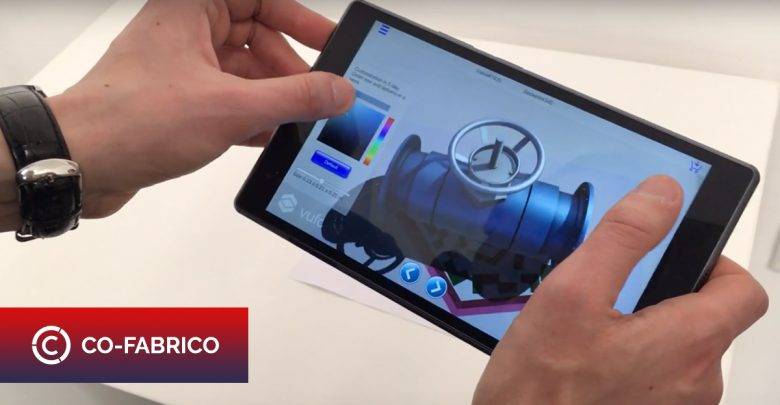Connect 4.0, a Liverpool-based startup, has been granted a £2 million contract for its Co-Fabrico platform. Introduced one year ago, the platform is an online marketplace that enables the automotive industry to design vehicle parts using augmented reality and purchase the parts as market-ready 3D printed products.
Connect 4.0 is part of LCR 4.0, a EU-backed initiative that aims to transform Liverpool into a hub for Industry 4.0. The group supports various SMEs and connects them with resources and expertise for developing and bringing their products or services to life. Other notable startups encompassed in LCR 4.0 include Koffin, a company that makes sustainable, 3D printed coffins, and Chanua Health, a healthcare innovation company that is using 3D printing to educate students about mental health.
Born out of the LCR 4.0 environment, Connect 4.0 is taking its automotive 3D printing marketplace to the next level with a £2M contract from Angolian tech company Robotica 4.0. As per the contract, Connect 4.0 will supply the Co-Fabrico platform to Robotica 4.0 in cooperation with its partner Cassa Mobile, a European consortium that aims to revolutionize EU manufacturing using new technologies.
In short, Co-Fabrico is an on-demand manufacturing service targeted at the automotive industry. The platform enables clients to upload part designs, consult with professional designers and manufacturers to optimize the part and finally have the part 3D printed and delivered. As part of the service, Connect 4.0 selects the best manufacturer for a given project, based on customer needs and budget. The final 3D printed vehicle part is ultimately shipped to the client.

Co-Fabrico was developed in collaboration with the Virtual Engineering Centre (VEC) as part of LCR 4.0’s business support program. Specifically, VEC helped Connect 4.0 to give its virtual infrastructure a user-friendly interface prototype, which was used to test the marketplace and showcase it to investors. VEC also reportedly provided input and guidance for IoT related solutions.
“LCR 4.0 and the VEC have helped us gain a better understanding of the real-world applications of augmented reality and how we could use it to enhance our own digital supply chain platforms,” said Irma Gilbert, business development manager at Connect 4.0. “Not only has the work with LCR 4.0 enabled us to take the Co-Fabrico platform to market, but it’s been instrumental in securing a £2 million client contract, we couldn’t be happier with the results.”
Dr. Andy Levers, technical director at the VEC and technical lead for LCR 4.0, added: “Seeing a startup like Connect 4.0 make such significant steps as a result of the resource, skills and expertise provided by LCR 4.0 and the VEC is really encouraging.”
We’ve enjoyed seeing what projects and companies have come out of LCR 4.0—especially those that leverage additive manufacturing. The Liverpudlian program truly shows how small businesses can thrive and innovate when provided with the proper support and resources.
Source: 3dprintingmedia.network


